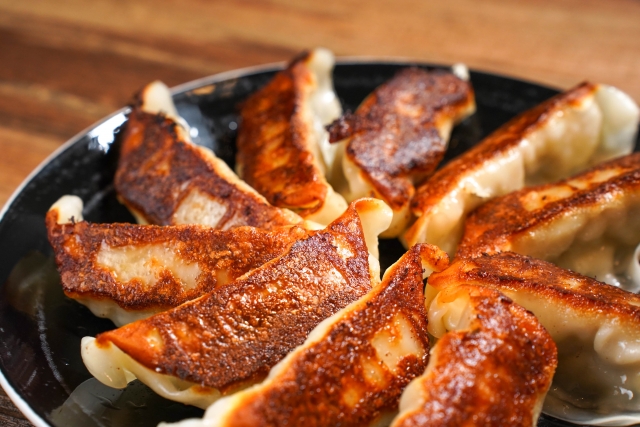Opening
Roza
▶︎ Hey, everyone. This is Akino Roza.
David
▶︎ And I’m David Evans. Oh, man … my mouth is watering.
Dialogue
① Either way, it’s a big part of Japan’s food culture.【 either way の意味 】
👉
①発音:「イーザー」でも「アイザー」でのOK
②さん、みなさん、両手を出してみてください。はい、右手を見てください。今度は左を見てください。
これが either way の感覚なんですね。「右を見ても、左を見ても」つまり「どちらを見ても」
「どちらにせよ」という表現ですよ。
② It’s all thanks to my customers.【 thanks to の意味 】
👉 thanks to 「〜のおかげ」というフレーズ。
覚えておいてみてください。これが all によって強調されています。
Pronunciation Polish
David
▶︎ All right, everyone. Let’s take a look at today’s sentence.
It’s a good one.
・But I find it difficult to eat with chopsticks.
・But I find it difficult to eat with chopsticks.
All right. Lots of thngs to polish up today,
But the key point is we’re joining words and sounds togher to create a new flow.
All right? Le’s zoom in on a couple points, practice, and make it perfect.
Here we go!
But – I
But – I
All right. Next up is …
find it difficult.
The “t” dissapears and we link it up with the “d.”
find it difficult
Great work. Next up is “difficult to.”
Wow, that’s tough.
difficult to
difficult to
All right. Now let’s put them together.
But I find it difficult to eat
But I find it difficult to eat
Here we go! Full sentence!
・But I find it difficult to eat with chopsticks.
・But I find it difficlt to eat with chopsticks.
Great work, today.
Ending
Onishi
▶︎ Hey, David.
Is stake and mashed potatoes with gravy your favorite?
David
▶︎ Yeah, depends on who is making it.
But, yeah, I like, I like a good stake, yeah.
Maybe not my favorite. Gyoza is always my favorite.
Roza
▶︎ But always the gravy is the most important.
Roza
▶︎ But always the gravy is the most important.
David
▶︎ Gravy, 100% gravy. Gravy makes or breaks the meal.
Words and Phrases
① not have enough hands for 〜
👉〜に十分手が足りていない
これで、Lesson 33 は終了。









コメント